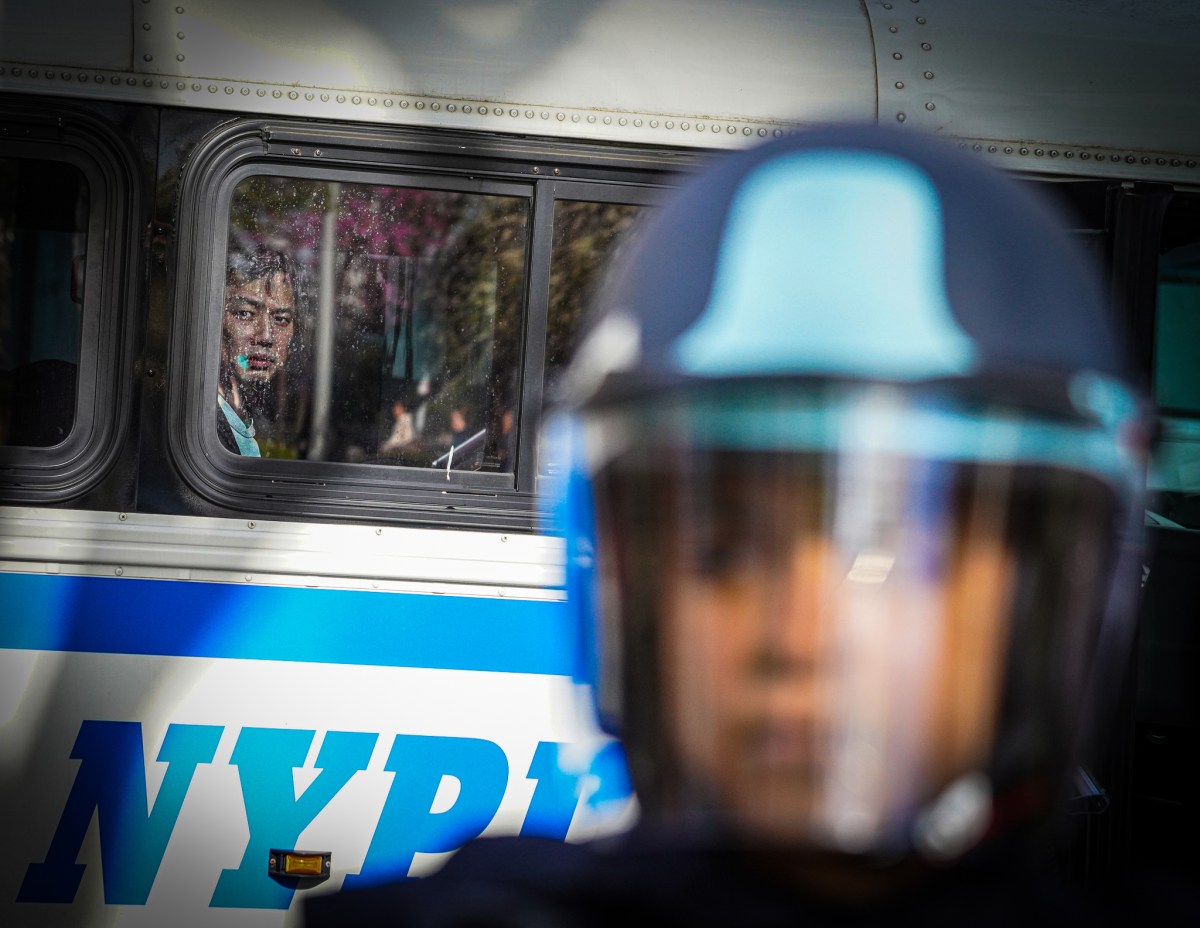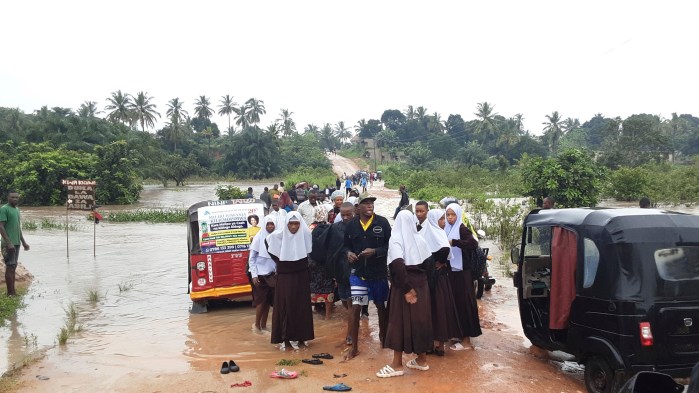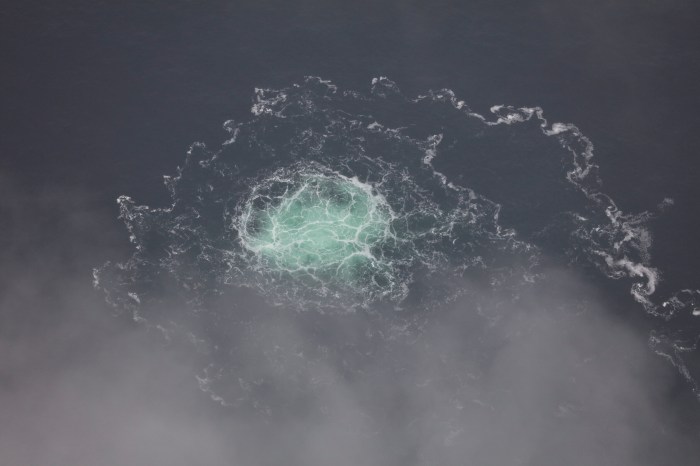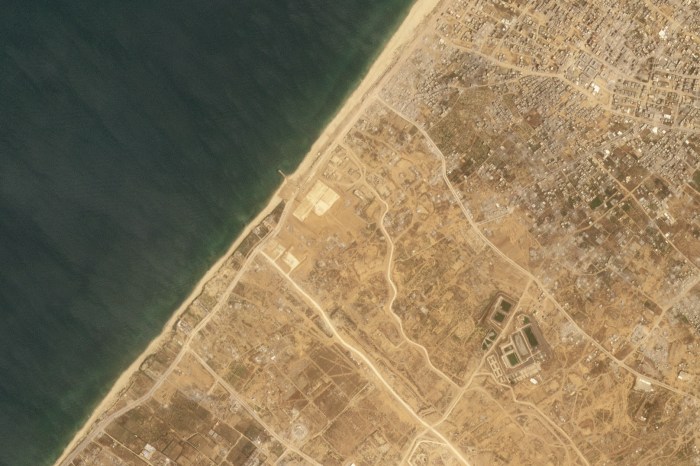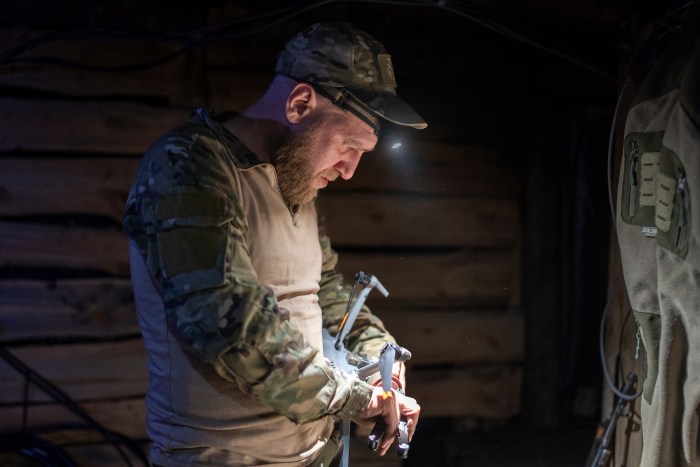By Ana Isabel Martinez and Andrew Cawthorne
CARACAS (Reuters) – Venezuela on Thursday postponed its upcoming presidential vote to May in a move cementing an opposition split as socialist incumbent Nicolas Maduro seeks re-election despite an economic crisis and global censure
The national election board announced the vote slated for April 22 had been pushed back to the second half of May, with a final date to be specified later, after a pact between Maduro’s government and some opposition parties.
The main opposition coalition is boycotting the poll, saying it is a farce intended to legitimize a “dictatorship.”
Maduro’s two strongest opposition rivals, Leopoldo Lopez and Henrique Capriles, are both barred from standing, and most Venezuelans view the election board as compliant to Maduro.
Western nations and a dozen Latin American neighbors have reprimanded Maduro’s government over unfair conditions for the vote, and the United States is considering imposing sanctions on the OPEC member’s crucial oil sector.
Breaking with the main opposition coalition, however, one prominent opposition leader, Henri Falcon, has launched his candidacy.
The 56-year-old former state governor believes he can win, even without the coalition’s election machinery behind him, by taking advantage of widespread dissatisfaction with the ruling socialists over a fifth year of grueling recession.
However, opposition supporters in the camps of Lopez and Capriles have rounded on him as a “sellout” and are urging voters to stay away from the polls in order to isolate Maduro and de-legitimize what they say will be a rigged win.
“Sadly, Falcon succumbed to the temptation of participating and playing the dictatorship’s game,” said Juan Pablo Guanipa, a leader in Capriles’ Justice First party.
‘GET RID OF MADURO’
Government stalwart Jorge Rodriguez said Thursday’s agreement with Falcon’s Progressive Advance party, and some other movements, was evidence of a reconciliatory spirit that undercut foreign criticism of autocratic rule in Venezuela.
“Venezuela is a model democracy for the whole world,” Rodriguez, who is communications minister, told reporters at the election board headquarters.
Luis Romero, who leads Falcon’s party, said the only way to bring about change was via the polls, and not through protests similar to those that caused nearly 130 deaths last year.
“Venezuelans want to get rid of Maduro, but not by killing each other in the streets,” he said, also speaking at the election board in downtown Caracas.
As well as a change in the date, Falcon is demanding reforms of the pro-government election board, U.N. observers, and the end of state handouts close to voting booths on election days. He told Reuters he may pull out if guarantees are not given.
A former military man who broke with the ruling socialists in 2010, Falcon styles himself a center-leftist favoring business-friendly policies with strong welfare programs.
Maduro is campaigning on a pledge to stay loyal to predecessor Hugo Chavez’s self-styled “21st century socialism.”
Bucking most analysts’ consensus, several polls have shown Falcon would in fact have a chance of defeating Maduro.
A survey of 1,000 people in early February by Datanalisis said that in a two-way race Falcon would defeat Maduro by 45.8 percent to 32.2 percent of likely voters.
Maduro says Venezuela’s election system is clean, and accuses the United States of leading a right-wing international conspiracy to end socialism and take over his nation’s oil.
The election board said on Thursday that local state legislature votes would take place at the same time as the presidential election.
(Additional reporting by Corina Pons; Editing by Angus Berwick and Matthew Lewis)









